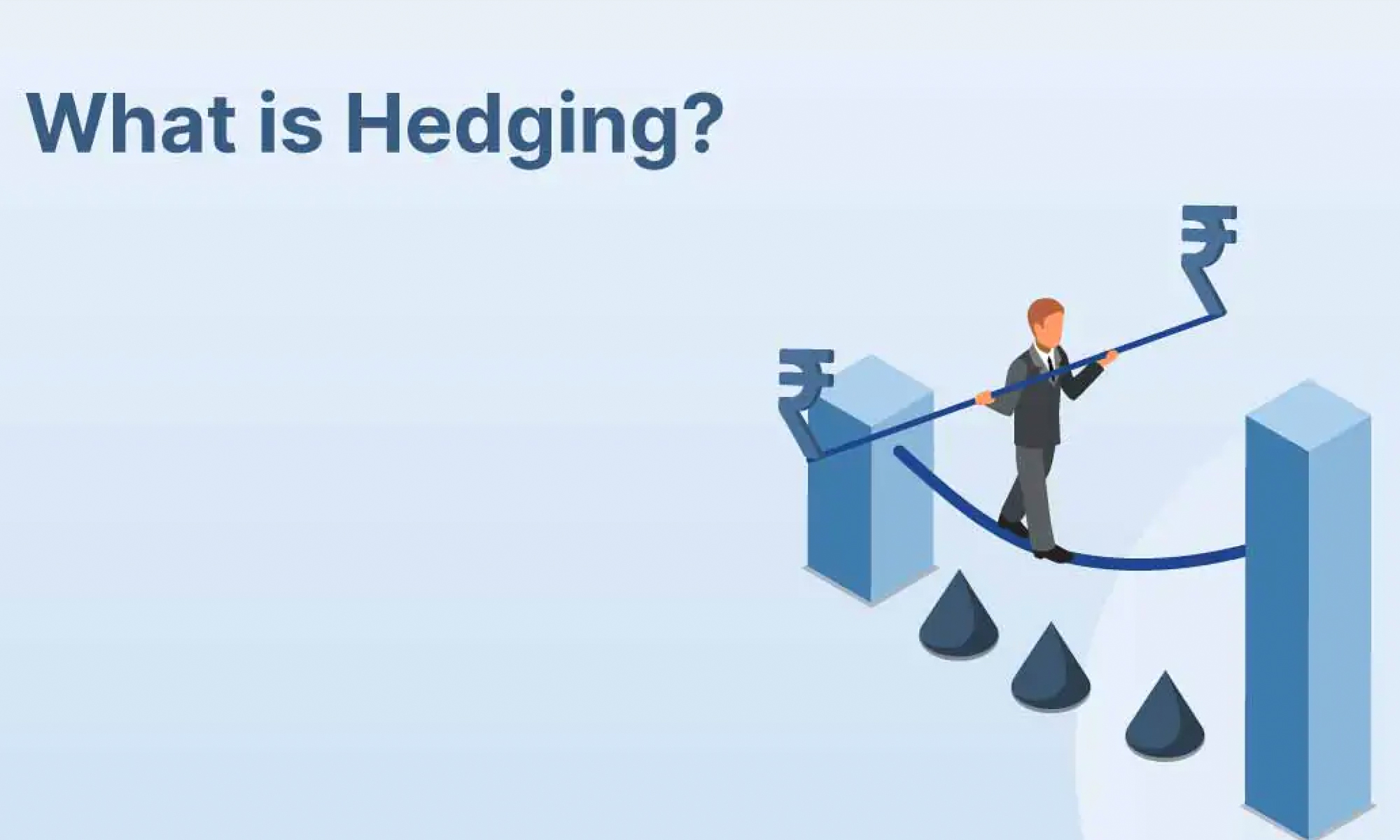Financial advisors may have clients who have “done their homework” and are considering HEDGING their risks. When that happens both the client and advisor should discuss the potential risk inherent in any hedging strategy; hedging is a double edged sword. Our latest contribution to the #Yourtotalwealth BLOG provides a primer for this discussion on hedging. Enjoy, learn and share.
HEDGING
A hedge is created when an investor takes opposite positions in two similar investments, the purpose being to reduce the exposure to unwanted changes in prices. Hedge funds first got their name because their earliest traders would buy shares in one company (e.g., Ford) while simultaneously selling short a similar stock on which it was bearish (e.g., GM). The short position was an attempt to hedge the long position.
Futures contracts and other derivatives are often used to create a hedge. For example, a mutual fund or ETF might own a large well diversified portfolio of stocks. To hedge against a feared stock market decline, the mutual fund might sell futures contracts on the S&P500 Index. If the stock market does decline, the value of the stocks owned by the fund will decline, but it will earn a profit on the short futures position.
As another example, a multinational corporation may need to buy millions of euros, the currency that is used in most of Europe, to conduct its business operations in the coming year. Because it worries that the price of a euro will increase, it hedges by buying futures contracts on euros today. If the price of euros does go up, the firm will pay more for its euros during the next year, but during that time it will also earn a profit on the long futures position.
In each case, if the hedge performed well, the firm eliminates most of the price risk it faced from its unhedged position.
THE LESSON
Hedging reduces risk, but it’s a double-edged sword. Yes, there is a chance that a price increase will cause you distress (like with the euro example above), so you will want to lock in your purchase price today. But you could be wrong; prices might go down. If you hedged, you will not benefit from that price decrease. In other words, the mutual fund that hedged will be pleased that it hedged if stock prices do decline, but it will be unhappy it hedged if prices end up rising. Your goal of hedging is to reduce risk, not to make money. If you want to hedge, we recommend hiring an expert to provide guidance. Insurance is a form of hedging, but it can be costly.
